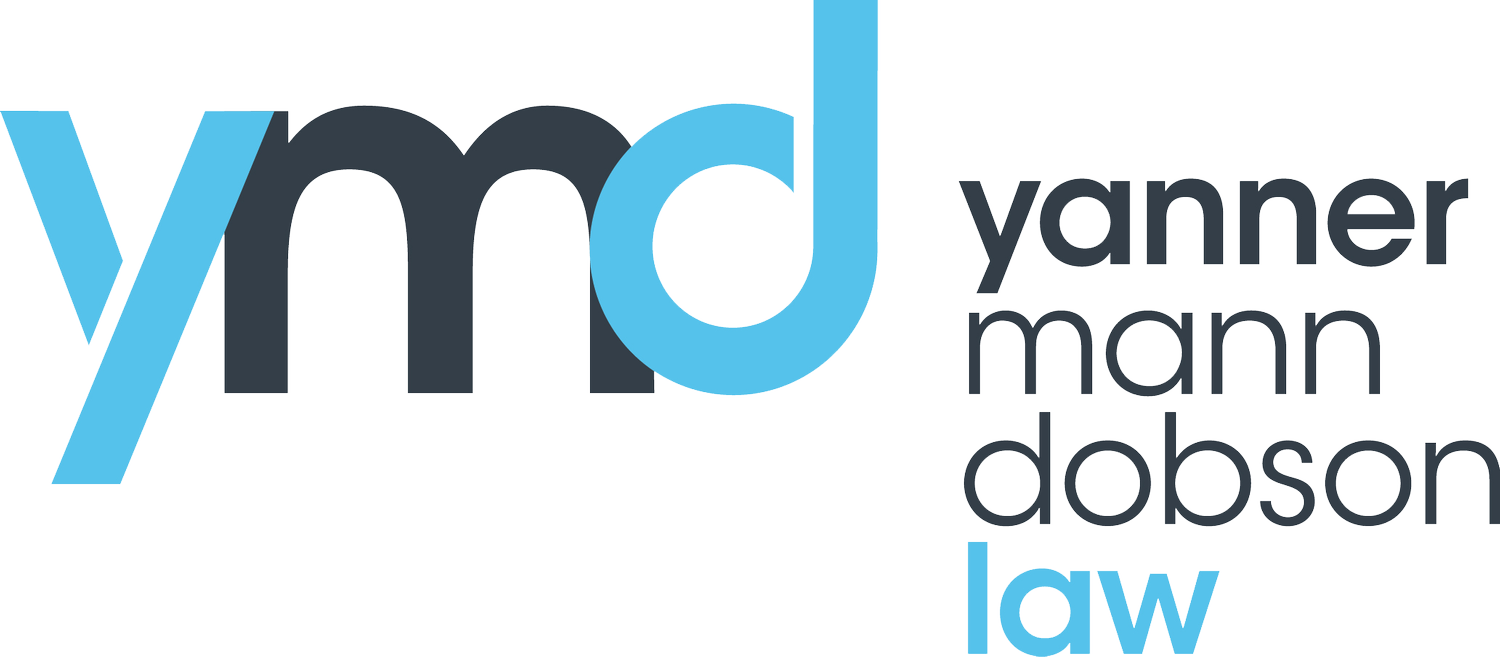Testamentary Trusts - A Guide
Testamentary trusts are one of the most powerful estate planning tools available. Here’s what you need to know about testamentary trusts:
Testamentary trusts should save your family tax after you die
Testamentary trusts should protect your inheritance from divorce and bankruptcy risks
Testamentary trusts are not just for complex situations or the super rich
You only get one chance to access the fantastic estate planning benefits of a testamentary trust - it MUST be in your will when you die
Testamentary trusts are not administratively burdensome - any extra compliance should be far outweighed by the tax savings
Testamentary trusts only start working if you die - the benefits don’t start until you die but neither do the (minor) compliance requirements
When in doubt, use a testamentary trust
Give it to me straight… WHAT is a Testamentary Trust?
The phrases ‘testamentary trust’, ‘testamentary discretionary trust’, TT, TDT…. are all just jargon for a trust set up in a will that starts when the willmaker dies. They are very similar to a family trust (more technically known as a discretionary trust) but a testamentary trust is established by a person’s will and remains dormant, ready to start when a person dies.
Trusts work by separating control of the assets held in the trust from the benefit. The person who has control of the trust assets is the Trustee. The Trustee is the legal holder of the assets and is responsible for the day to day management of the trust and the due administration of the trust.
An effective testamentary trust should have many people who can potentially benefit from the assets in the trust (the technical term for these people are Beneficiaries) and each beneficiary’s entitlement should be at the complete discretion of the Trustee.
This discretionary nature of the trust is what makes the trust so powerful for asset protection. Because none of the beneficiaries own the trust assets and their only right is to be considered by the trustee, it is very difficult for someone to argue that the assets of the trust belong to any one of the beneficiaries.
A trustee can also be one of the beneficiaries of the trust, and if that is the case, then the trust assets will ‘look and feel’ more like that person’s assets because they are in control and can choose themselves or their family members to benefit from the trust. If you are simply a beneficiary without being a trustee, then your entitlements in the trust are at the trustee’s discretion.
What are the key benefits of a testamentary trust?
Relationship protection
Protects immature beneficiaries
Income tax flexibility
Rule from the grave
Defers tax for overseas beneficiaries
Bankruptcy protection
Testamentary trusts offer fantastic tax flexibility. In fact, this is the only environment where you can get such great tax treatment. In essence, trusts are flow through vehicles for tax purposes, which means the income earned each year from investing the trust assets always needs to be distributed out to beneficiaries and each beneficiary gets taxed on the income they received from the trust at their own marginal tax rate.
Each year the trustee can choose which of the beneficiaries should receive the income earned from investing the inheritance each year, which allows them to give income to beneficiaries who have lower tax rates. Testamentary trusts also offer an additional benefit which is not available to any other trust – beneficiaries under 18 are treated like adults for tax purposes which means they can receive about $18,200 tax free each year.
CASE STUDY: You have children under 18
A testamentary trust is a very powerful tool for families with young children.
In particular, the testamentary trust offers the following advantages:
Your surviving spouse might re-partner after you pass away (after a suitably long mourning period) but the inheritance you leave your family will be protected for your children in the trust away from the influence of any new partner and protected from any future family law risks.
If you and your spouse both pass away together, your children won’t automatically get their hands on their inherence when they turn 21 (which is the case if you don’t use a testamentary trust). You can choose who is responsible for making financial decisions about the inheritance until the children reach financial maturity. How many people have you heard of who came into their inheritance far too early and wasted the lot?
The tax treatment could make a huge difference to your family’s financial wellbeing.
For example: If you die leaving a spouse and 3 minor children, then roughly the first $66,000 of income earned from investing the inheritance through the trust could be tax free and used to pay for the children’s living and education expenses.
If you didn’t have a trust, then your surviving spouse would need to pay tax on that income at their marginal tax rate (in addition to any other income, for instance, their salary) and then pay for those living and education expenses with after tax income. These tax savings continue generation upon generation so that your children can ultimately then apply tax free amounts to their children.
Imagine paying for school fees with tax free income; what a difference that could make!
CASE STUDY: You have children over 18
If you have adult children, you should consider leaving an inheritance to them through a testamentary trust, rather than as a direct gift.
If you choose, your child can still control ‘their’ testamentary trust (so it looks and feels like their money), but using the testamentary trust will give them the following advantages:
The inheritance you leave your child is significantly less likely to be exposed to any family law risks if your child separates or divorces.
If your child is in a high risk occupation (e.g. carrying on a business, a director, or at risk of negligence - hello engineers, lawyers, doctors, accountants, health professionals etc!), then the inheritance you leave your child could be exposed to those risks if you do not use a testamentary trust. A testamentary trust protects the inheritance from any bankruptcy claims.
The tax treatment could amplify the impact of the inheritance, because they can access tax free income to pay for their children’s (i.e. your grandchildren’s) living and education expenses.
For example: If you leave an inheritance to your child who has 3 minor children of their own, then roughly the first $66,000 of income earned from investing the inheritance through the trust could be tax free and used to pay for your grandchildren’s living and education expenses.
If you didn’t have a trust, then your child would need to pay tax on that income at their marginal tax rate (in addition to any other income they may earn from other sources) and then pay for those living and education expenses with after tax income. These tax savings continue generation upon generation so that your grandchildren can ultimately then apply tax free amounts to their children and so on.
There are a few more complexities but in essence, these are the main principles of testamentary trusts.
Who will benefit from including a Testamentary Trust in their Will?
If you tick any of the following boxes then you should consider using a testamentary trust in your will:
Use a testamentary trust if:
You want to leave an inheritance to minors who can each receive approximately $22,000 tax free income each year from investing the inheritance
It is important to you that the inheritance is protected from relationship risks (eg divorce or separation)
It is important to you that the inheritance is protected from bankruptcy risks
You are leaving assets to a beneficiary who cannot be trusted to manage their inheritance appropriately and you are worried they will waste it
An intended beneficiary is currently residing overseas
The above is guidance only, and any legal strategy should always be approved by a qualified lawyer. Contact us to discuss your options.


